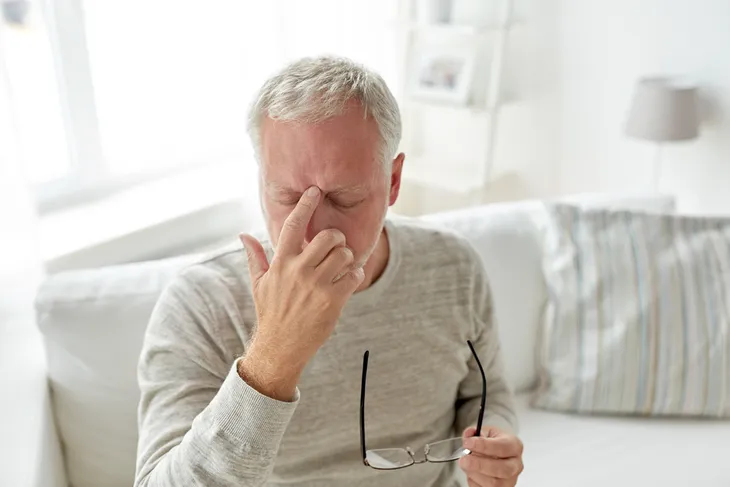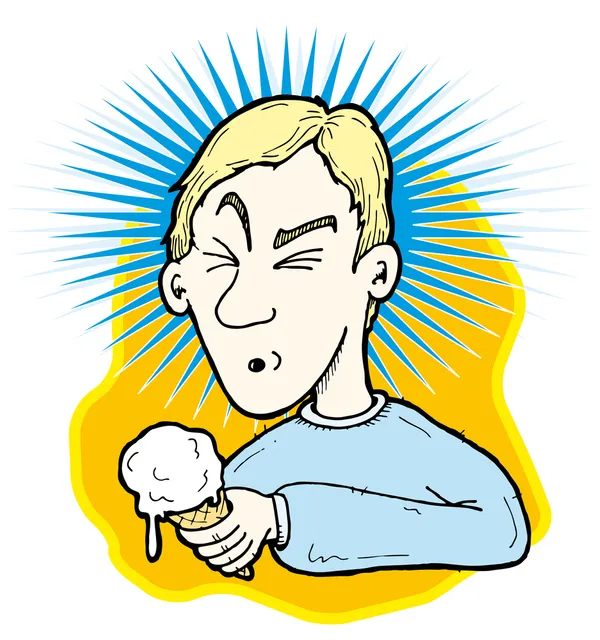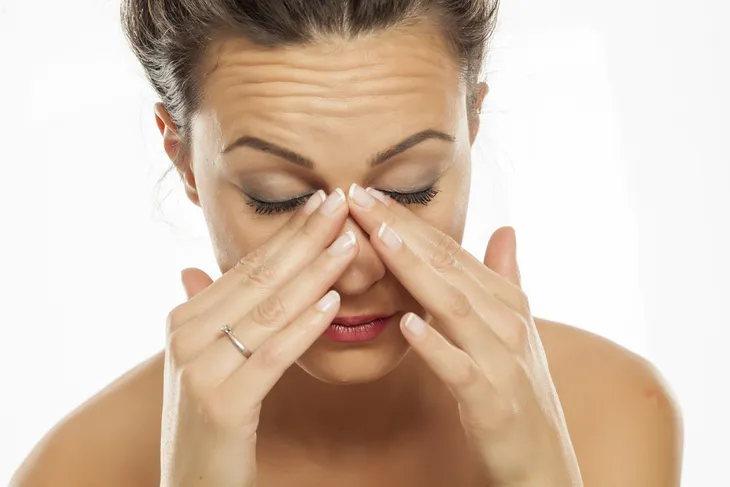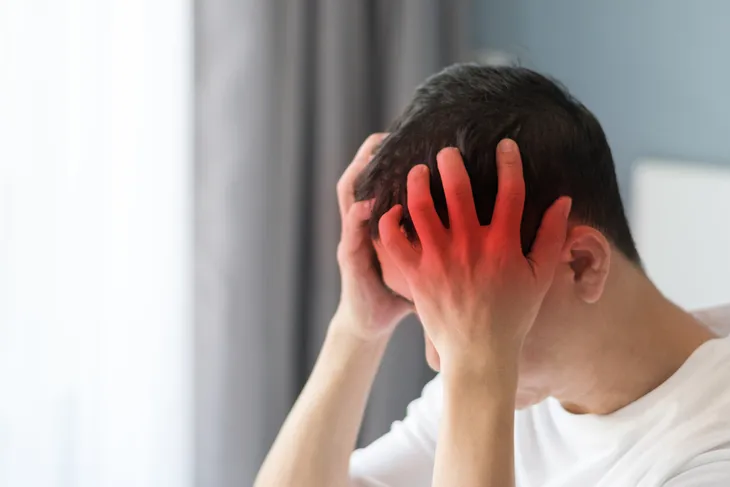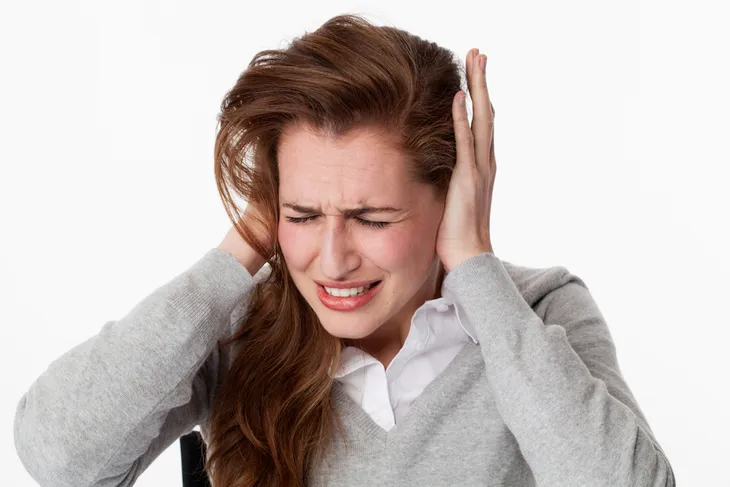For many people, a nasty headache can strike at any time, and that can ruin important professional or personal plans or just a nice, quiet evening at home with the family. So, what can you do about a headache once one starts to settle in?
The trick to treating any type of headache is determining the type and cause. For those who regularly experience headaches, that may be easy to do, but for those individuals who experience head pain more frequently, it can be less clear. On that note, let’s take a look at a number of frequently reported types of headaches and their possible causes.
Weekend Headache
Even people who love their weekday jobs tend to look forward to the weekend, when they can get some time away from work and enjoy a couple of days with friends and family. You can imagine, then, how frustrating it is to start the weekend with a nasty headache.
Weekend headaches are actually far more common than you’d think. There are several possible explanations — first and foremost, if you’re a serious caffeine drinker during the week, it’s possible a later start to the day on a Saturday or Sunday could mean you’re entering caffeine withdrawal, which can cause head pain. It could also be that you’re experiencing stress at work and the result is a nagging headache the moment things calm down on the weekend. In either case, over-the-counter pain medications should help.
Hospital Headaches
A hospital headache is named so not because it takes place in a hospital — though that is a possibility — but typically because it warrants a trip to the nearest healthcare facility. In other words, these are serious headaches that require immediate medical attention.
As you’d expect, these kinds of headaches are very rare. Symptoms include headaches that come on shockingly fast; in seconds rather than minutes or hours. Headaches caused by significant head trauma, such as through a car accident or a sports injury, should also be treated in a hospital. Finally, if a headache is accompanied by speech or vising problems or stiffness in the neck, it’s time to visit the nearest emergency room.
Menstrual Headaches
Only women truly understand the full extent of frustration presented by menstruation, which can leave one feeling uncomfortable and generally irritable for nearly a week each month.
One element of that frustration is presented by menstruation headaches, which can result during the days leading up to a period. It’s during this time that estrogen levels can drop abruptly, leaving a woman more likely to experience a painful migraine headache. These headaches can linger for days, though they may come and go over that time. To help with this, consider talking to your doctor about prescription and over-the-counter pain medications.
Chronic Headaches
Some headaches aren’t related to any one health condition, such as menstruation, stress, or caffeine withdrawal. For many individuals, headaches are simply a part of everyday life. If you experience head pain for 15 or more days each month, then you’re one of the millions of Americans who struggle with chronic headaches.
Chronic headaches can be associated with a range of health issues, from previous head injuries to medications to meningitis or brain tumors. But they can also be genetic, meaning you inherit them from older family members, or unrelated to any visible cause. In these cases, physicians may try a range of treatments, from simple pain medications to antidepressants or even anti-seizure drugs.
 Syda Productions / Shutterstock
Syda Productions / ShutterstockBrain Freeze
Not all headaches are long-lasting and serious affairs. Many of us are familiar with brain freeze, which is usually caused by consuming something very cold, like ice cream or a frozen fruit smoothie, very quickly. For many people, brain freeze will pass in short order. Taking a break from that cold treat or sipping a warm beverage is usually all one needs to solve brain freeze.
But it can be particularly problematic for people with existing head pain issues, such as individuals who regularly experience migraines. For these people, brain freeze can trigger longer lasting and much more painful headaches that could last hours or even days. These individuals should think twice about drinking or eating something really cold.
Sinus Headaches
One of the most common types of headache is caused by pain originating in the sinuses, which can be found behind our cheeks and forehead. Should sinuses become inflamed, often as the result of seasonal or permanent allergies, they can cause pain that spreads to other parts of the head.
Treating chronic sinus headaches requires taking a few steps, including seeing an allergist to determine the cause of sinus inflammation. Once a cause is determined, the patient can make any necessary changes to avoid these kinds of headaches in the future.
Wake-up Headaches
As the name suggests, a wake-up headache occurs when a person stirs from sleep in the morning. This can be caused by several issues, from waning medication to caffeine withdrawal to the physical position in which you slept. It may also be related to sleep apnea, a condition related to disturbed breathing during sleep.
Wake-up headaches can be very difficult to treat because they can be caused by so many different issues. For this reason, it can require patients to undergo a full examination by sleep specialists to determine the root cause and recommend a treatment plan.
Caffeine Withdrawal Headaches
People who drink a couple of cups of coffee each workday may experience weekend headaches caused by caffeine withdrawal. But individuals who consume substantially more caffeine each day may experience more frequent headaches linked to withdrawal from the drug.
For example, if you drink three or more cups of coffee each day, or if you are a regular consumer of high-caffeine energy drinks, you may experience caffeine withdrawal headaches within a few hours of stopping consumption. This may lead to headaches in the evening, the middle of the night, or early in the morning. In these cases, it’s recommended individuals seek assistance in reducing their overall caffeine consumption.
Migraine Headaches
On the opposite end of the headache spectrum from temporary headaches like brain freeze you’ll find migraine headaches, arguably the most painful type of headache. It’s also quite possibly the most difficult kind of headache to treat.
Put simply, migraine headaches are severe headaches, meaning they cause significant pain and can last for an unusually lengthy amount of time, such as a day or two. They can be linked to several different causes, from hormone issues to stress or sleep deprivation. But often they’re caused by genetics, meaning they’re inherited from parents and grandparents. In serious enough cases, migraine sufferers may be prescribed particularly potent pain medications.
Cluster Headaches
This is one of the less well-known types of headaches but for those affected, it can be one of the most painful. Cluster headaches are named so because they tend to affect just one part of the head — sometimes one half or even one quarter — and they tend to last a short period of time, such as a few hours or even a few minutes. But they’re well known for being particularly excruciating.
Some individuals can experience several cluster headaches over the course of a day, making it difficult to get through the typical workday. Unlike migraines, they’re more common in men than women and are often treated with prescription pain medications. Individuals who experience them are discouraged from engaging in behavior that can trigger a cluster headache, from smoking to drinking alcohol to visiting places in high altitudes.
Dental Headaches
We don’t always think of our teeth and gums when a headache strikes, but dental issues can often be responsible for painful head pain. For example, a headache that seems to be emanating from the jaw or neck could be related to teeth grinding during sleep.
Another frequent cause of painful headaches is temporomandibular joint disorder or TMJ. It’s a condition that’s often caused by poor alignment of the jaw and often requires special treatment regimens designed to stretch and strengthen the jaw area. If you have headache pain you think may be related to dental issues, talk to both your family physician and dentist.
Tension Headaches
Quite possibly the most frequently experienced type of headache, the tension headache is known by its throbbing nature, with pain emanating from the back of the head and upper part of the neck.
The tension, or stress, headache is typically caused by anxiety of some kind — often, it’s caused by stress over professional or personal situations, such as struggles with a new boss or upsetting divorce proceedings. Treatment is usually handled by using over-the-counter pain medications, though counseling may be required to discover and treat underlying stress-related issues.


